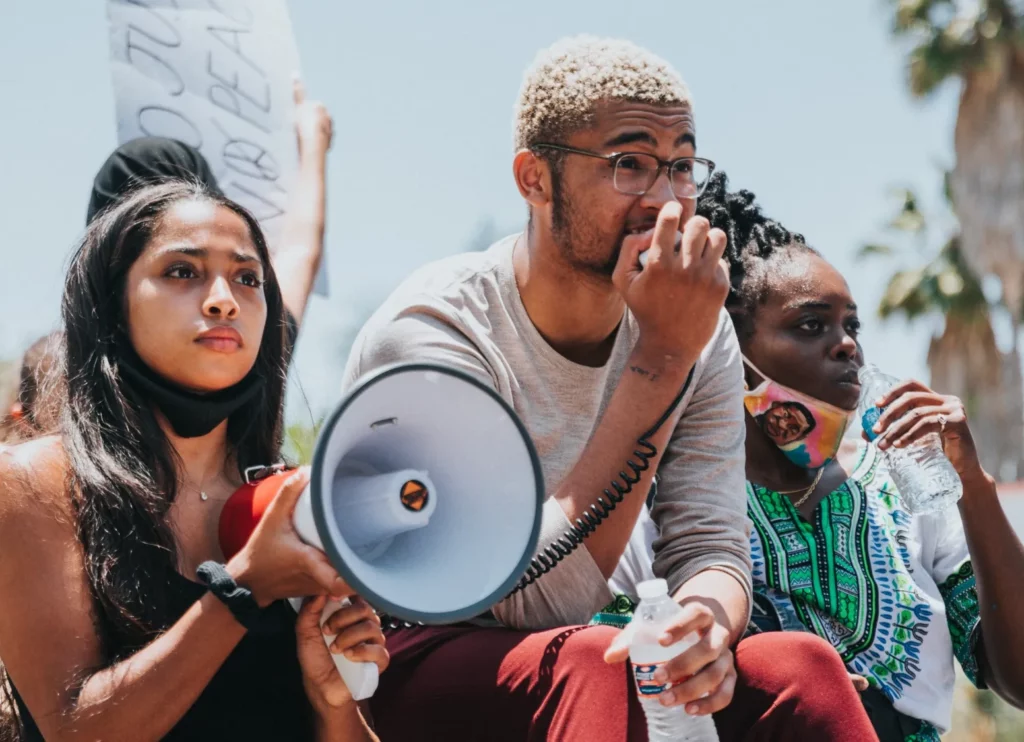In a nation built upon the principles of liberty and justice for all, the disparities in how justice is meted out can be both jarring and deeply unsettling. One of the most glaring examples of this inequality is evident in the sentencing disparities that arise from racial and socio-economic biases. Despite overwhelming evidence and numerous studies pointing to these disparities, they remain one of the most entrenched problems in our justice system.
The Data Speaks for Itself
Research consistently reveals that racial minorities, particularly Black and Hispanic individuals, often receive longer and harsher sentences than their white counterparts for the same crimes. The federal drug sentencing laws of the 1980s and 1990s, for instance, notoriously punished crack cocaine offenses (more prevalent in Black communities) 100 times more severely than powder cocaine offenses (more prevalent in white communities). While reforms have reduced this disparity, it remains at an unconscionable 18:1 ratio.
Furthermore, a person’s economic standing plays a crucial role in their sentencing. Those who cannot afford skilled legal representation often find themselves at a disadvantage, receiving harsher sentences compared to those who can afford high-quality defense. The bail system, too, penalizes the poor, often keeping individuals in jail for prolonged periods before trial simply because they can’t afford to pay.
Systemic Roots
The roots of these disparities are deep, spanning from the remnants of the Jim Crow era to modern policies. Over-policing in minority communities, racial profiling, and implicit biases all play a role in perpetuating these disparities. Socio-economic inequities, on the other hand, are often intensified by a system that heavily favors those with resources, from the ability to post bail to hiring private attorneys.
The Human Cost
Beyond statistics and data, it’s vital to recognize the human toll these disparities exact. Families are torn apart, with children growing up with parents behind bars. Communities suffer as a significant proportion of their members are incarcerated, often for non-violent offenses. The economic impact, too, is considerable, with reduced earning potential, loss of jobs, and the significant costs associated with mass incarceration.
Charting the Path Forward
Reforming this deeply flawed system requires concerted efforts on multiple fronts:
- Legislative Reform: Policies like mandatory minimum sentences should be revisited. Drug offenses, in particular, need to be approached more from a health-centric perspective than a punitive one.
- Awareness and Training: Law enforcement and judicial officers should receive training to become aware of, and subsequently combat, implicit biases.
- Community Engagement: Building bridges between law enforcement and the communities they serve can lead to more trust and less adversarial encounters.
- Public Defense Reform: Ensuring that those who cannot afford private attorneys still receive quality representation is crucial.
- Alternative Sentencing: Programs that focus on rehabilitation rather than punishment can be more effective and just.
In the quest for a more equitable justice system, recognizing these disparities is the first step. Only with acknowledgment, understanding, and targeted action can we move towards a system that truly embodies justice for all.

